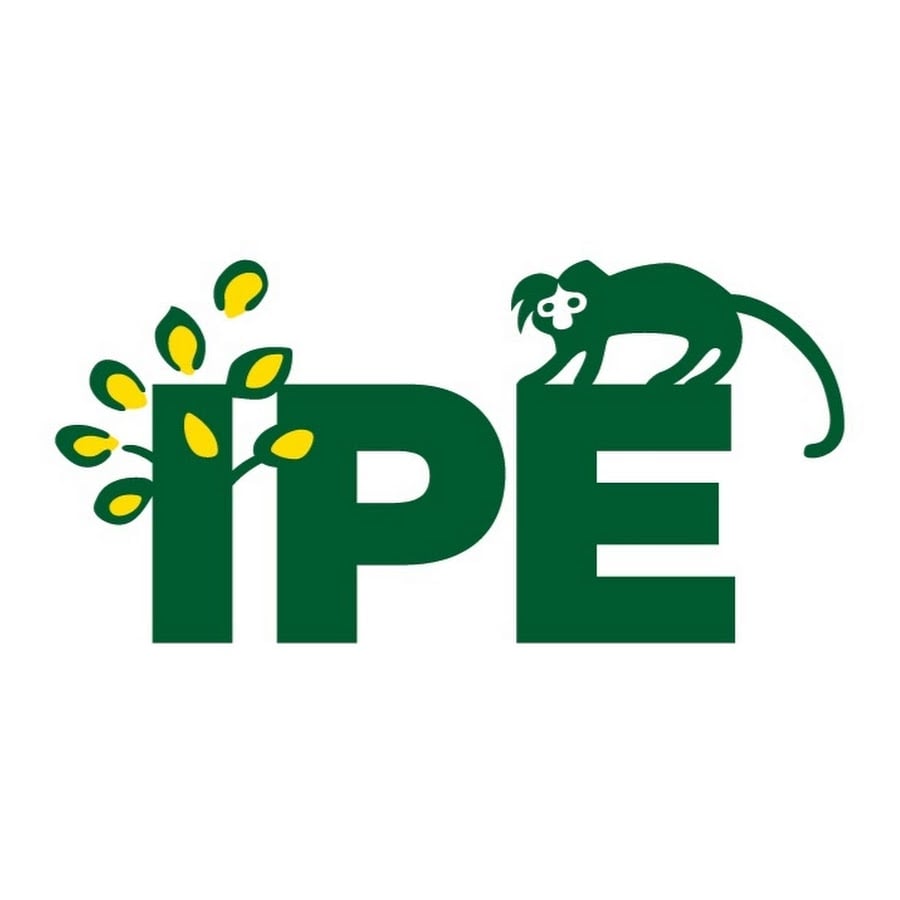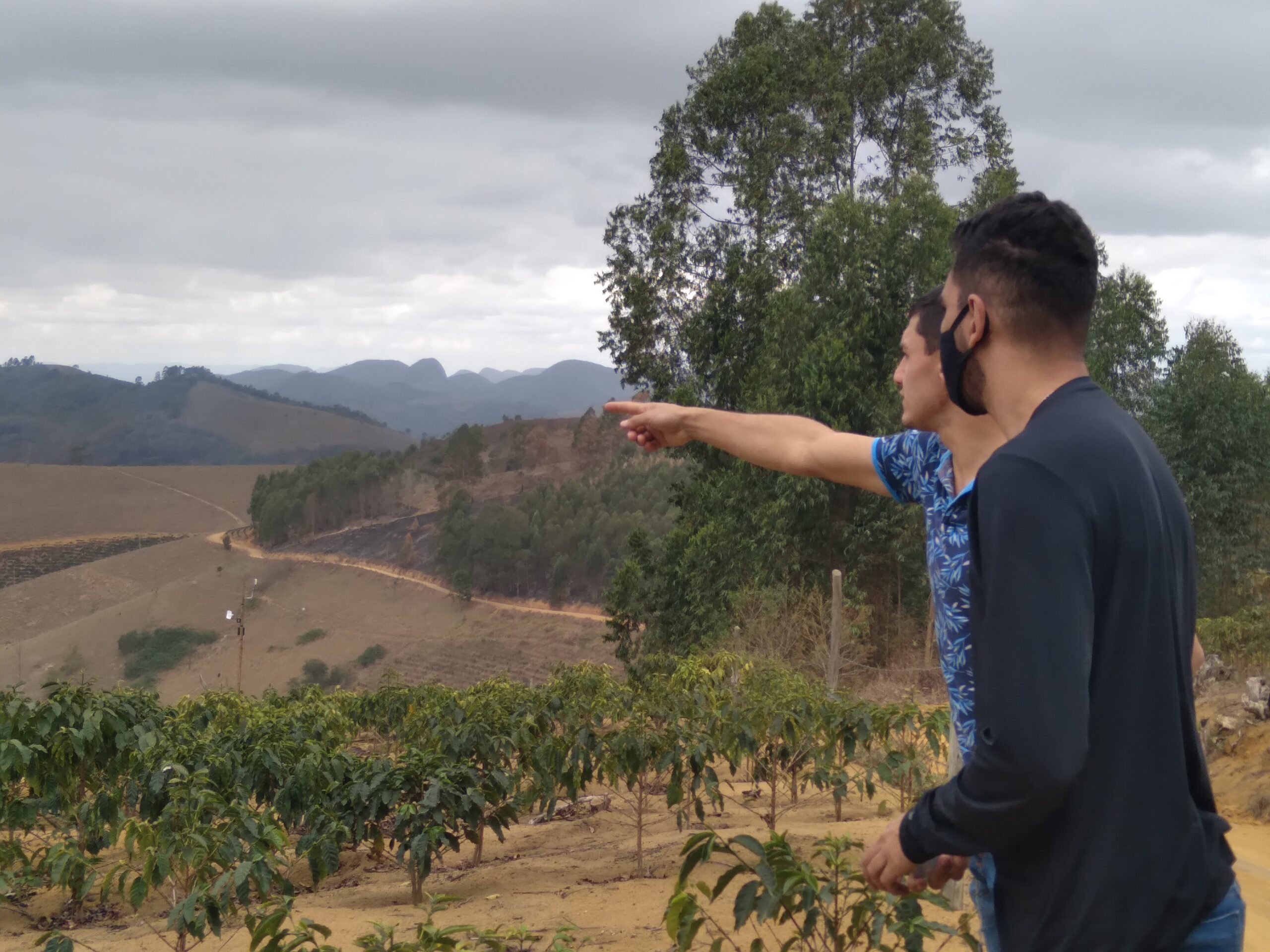::cck::869::/cck::
::introtext::
Face the various social and environmental challenges in degraded areas of permanent preservation (APPs) and water recharge in the Rio Doce Basin (in the states Minas Gerais and Espírito Santo), IPÊ started the Education, Landscape and Community project, with the purpose of supporting soil regeneration and water conservation in influential areas from the basin, through community involvement and agroecology development.
Operating for the first time in Espírito Santo, the Institute takes to rural settlements in Alto Rio Novo and Águia Branca counties (areas of influence of the Rio Doce Basin) the successful social technology that it developed over 20 years ago with farmers in Pontal do Paranapanema, in the far west of the state of São Paulo. Among the actions there are environmental education, training and rural extension, with the application of sustainable productions such as agroecology.
The initiative is part of the School and Community Integration action line, carried out by IPÊ and its school, ESCAS – University of Environmental Conservation and Sustainability. In its edition in Espírito Santo, the project is now working to benefit 143 small properties in four rural settlements selected due to the potential of scale and applicability of the activities.
“School and Community Integration is a very interesting means of implementing a socio-environmental agenda for transformation. Through ESCAS, the IPÊ school, we bring education tools to the population, combining our expertise in science and social mobilization for real change. This is the principle adopted, even at Pontal do Paranapanema, where we have been working with communities for almost 30 years”, explains Eduardo Badialli, project coordinator.
Among some of the main activities of the project is the implementation of IPPs (Individual Property Projects) that contemplates forest restoration in rural landscapes and sustainable rural production in family farming.
Field activities with the communities started in August 2021 and will continue for two years. The work is in partnership with the Renova Foundation.
::/introtext::
::fulltext::::/fulltext::
::cck::869::/cck::


